New research by the United Nations Educational , Scientific and Cultural Organization (UNESCO) shows that 62% of online influencers (often referred to in English as KOLs) did not verify information before sharing.
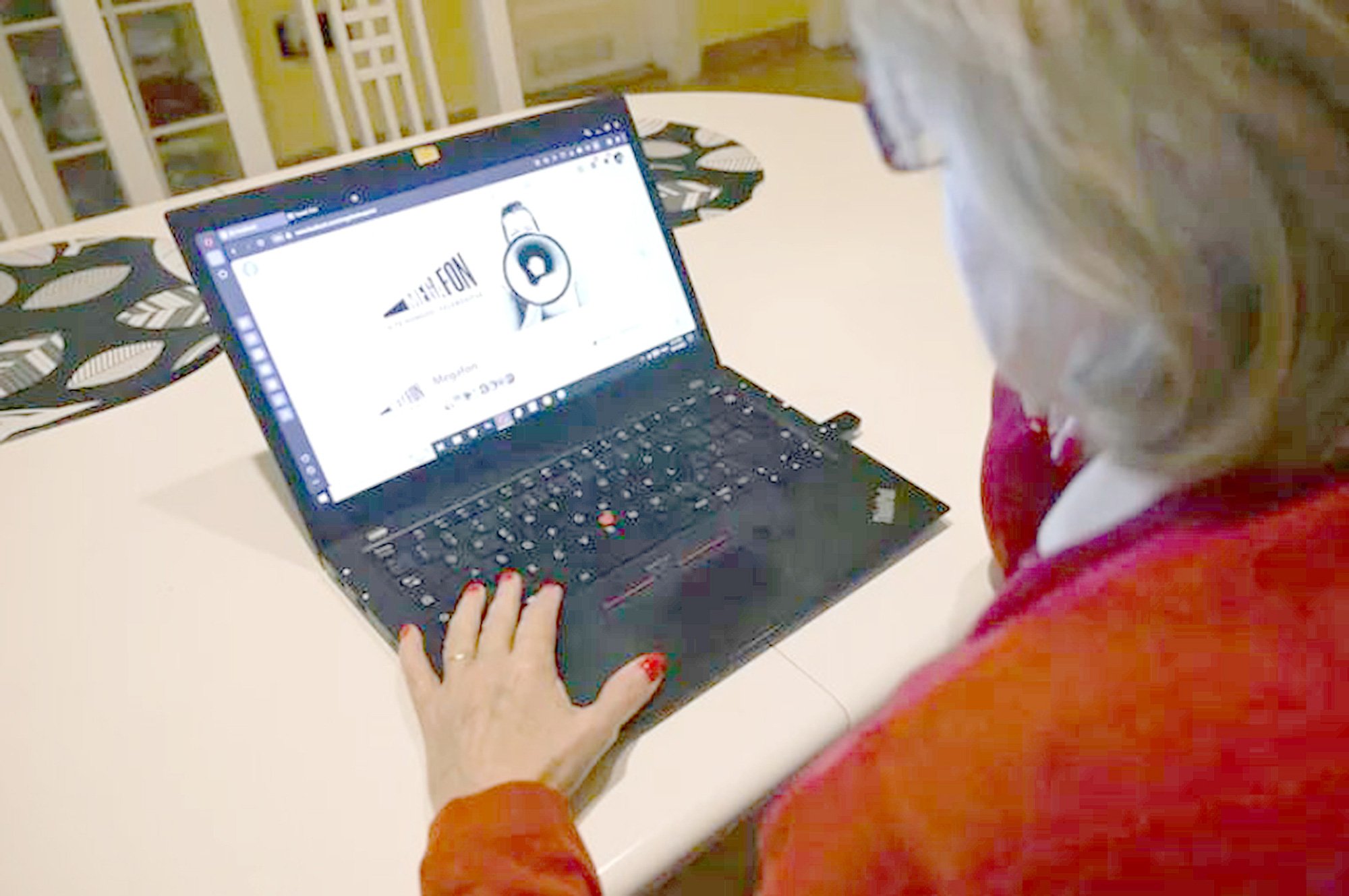
UNESCO stressed that the lack of rigorous and rigorous information assessment shows the need to improve information retrieval skills for content creators, especially the ability to identify and use reliable verification sources - Photo: AFP
As online content creators become the primary source of information for many users, a new study by UNESCO released this week has revealed a worrying reality: many KOLs do not verify information before sharing.
The humiliating numbers
The research team surveyed 500 digital content creators in 45 countries and territories between August and September 2024, focusing on those with more than 1,000 followers.
The study found that 62% of KOLs admitted to not checking information before sharing it with their followers. About a third said they were willing to share information without verification if it came from a reliable source, while only 37% said they always verified information before posting.
UNESCO warned that such low rates of fact-checking showed that KOLs were vulnerable to misinformation, which "could have far-reaching consequences for public discourse and trust in the media".
Instead of verifying information, 40% of KOLs said they rely on the “popularity” of a source, such as the number of likes or views, to assess its credibility. Meanwhile, 20% said opinions from experts and trusted friends play an important role. Only 17% consider documents and evidence as the top factor in determining the accuracy of information.
UNESCO highlights the lack of rigorous and rigorous information assessment, highlighting the need to improve information retrieval skills for content creators, particularly the ability to identify and use reliable verifiable sources.
Virtual but has real consequences
Today’s misinformation is often more sensational and compelling, causing it to spread much faster than the truth. It also has serious real-world consequences, such as eroding trust in the media, undermining elections, and fueling hate speech.
UNESCO's study was published after the 2024 US presidential election, in which KOLs on social media played an important role as a source of information for voters.
During the campaign, Republican presidential candidate Donald Trump and Democratic presidential candidate Kamala Harris tapped social media influencers and podcasters with millions of followers, such as Joe Rogan and Alex Cooper, to attract voters.
According to a recent Pew Research Center report, nearly 40% of young Americans aged 18-29 “frequently” get their news from influencers, even though most of these influencers have never worked for a news organization. A separate Pew survey found that more than half of American adults “at least sometimes” get their news from social media.
“Unlike journalists, who are equipped with the skills and tools to assess the credibility of sources and verify facts, digital content creators often do not have formal training in these areas.
This can lead to challenges in ensuring the accuracy of the content they provide,” UNESCO pointed out.
UNESCO research shows that KOLs often do not rely on official sources, such as government reports or documents. "Everything I post is based entirely on my personal life experiences," Zhang Zhaoyuan, a KOL in China, said in an interview with UNESCO.
The spread of misinformation by KOLs has posed a challenge for governments. Many social networks have now removed barriers to prevent the spread of misinformation, instead using a different approach.
For example, American billionaire Elon Musk's social network X relies on "Community Notes" to note misinformation and rarely deletes content.
Lack of transparency in advertising
One point worth noting is that KOLs often produce sponsored content, but they are not always transparent about it.
According to UNESCO, 53% of those surveyed said they have created sponsored content or advertisements for brands and products.
However, 7% admitted not to publicly disclose their sponsorship, but instead presented the content as if it were their personal opinion or not subject to financial influence.
9,000
UNESCO has partnered with the Knight Center for Journalism in the Americas at the University of Texas to offer an online course called “How to Be a Trusted Voice Online,” which focuses on fact-checking and creating content related to elections or crises.
UNESCO said about 9,000 KOLs have signed up for the free month-long course.
Source: https://tuoitre.vn/khao-sat-500-kols-62-dang-tum-lum-tren-mang-ma-khong-them-kiem-chung-20241128222917417.htm




![[Photo] President of the Cuban National Assembly visits President Ho Chi Minh's Mausoleum](https://vphoto.vietnam.vn/thumb/1200x675/vietnam/resource/IMAGE/2025/10/1/39f1142310fc4dae9e3de4fcc9ac2ed0)
![[Photo] Hanoi morning of October 1: Prolonged flooding, people wade to work](https://vphoto.vietnam.vn/thumb/1200x675/vietnam/resource/IMAGE/2025/10/1/189be28938e3493fa26b2938efa2059e)
![[Photo] Keep your warehouse safe in all situations](https://vphoto.vietnam.vn/thumb/1200x675/vietnam/resource/IMAGE/2025/10/1/3eb4eceafe68497989865e7faa4e4d0e)

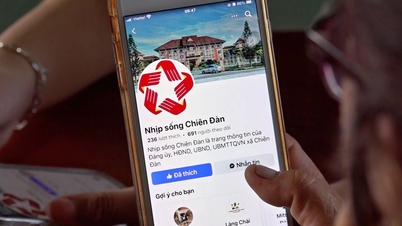

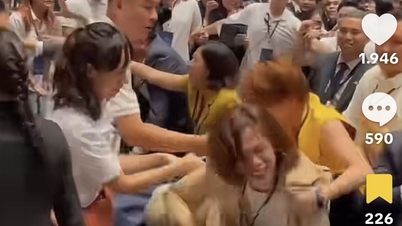



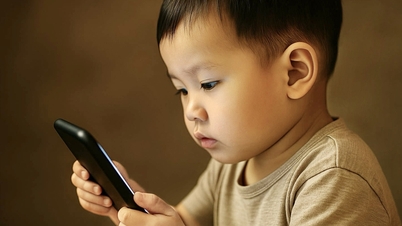

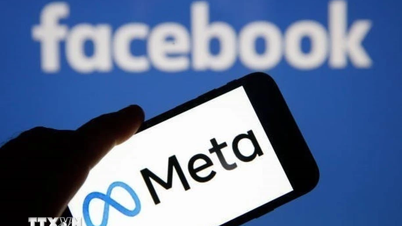

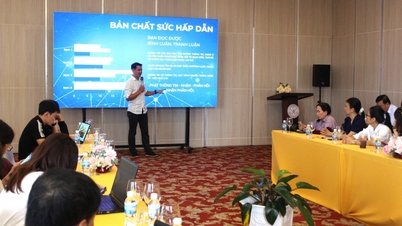

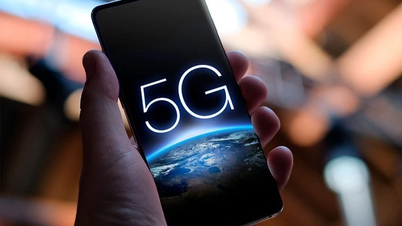

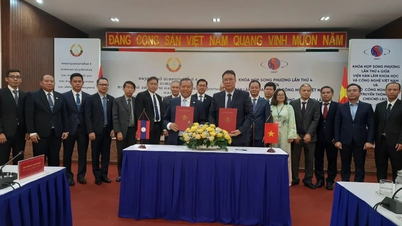

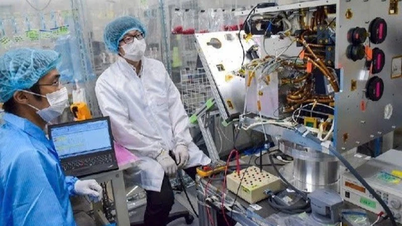

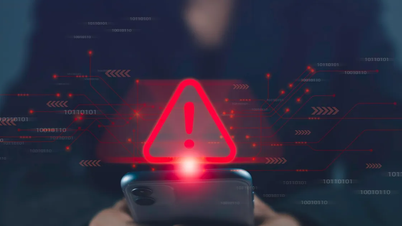

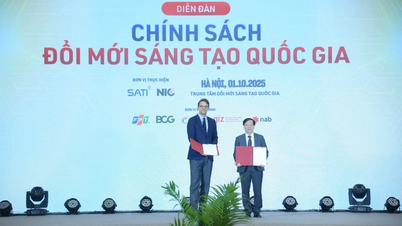





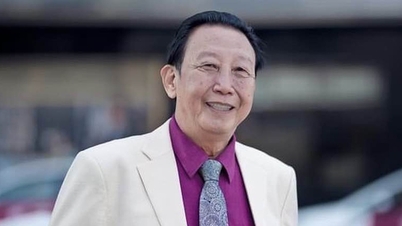
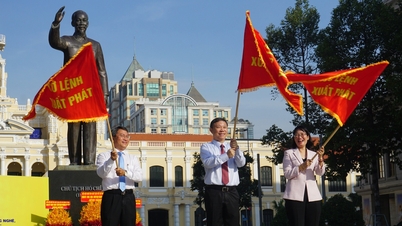





































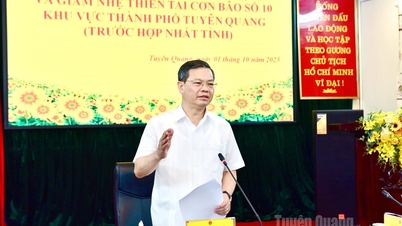

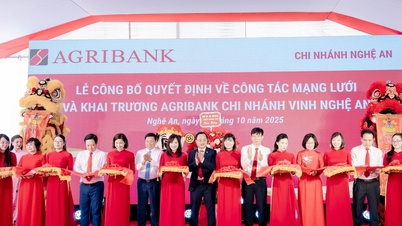

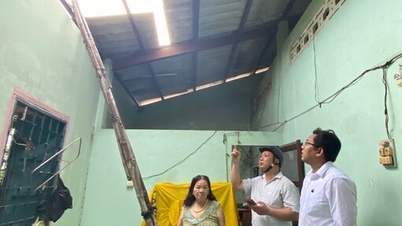



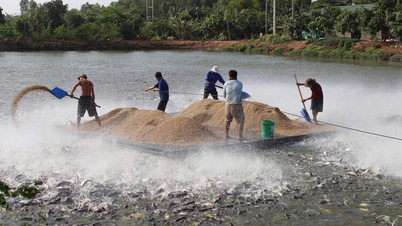

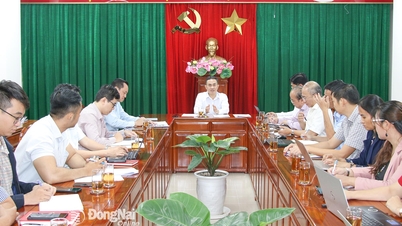












Comment (0)